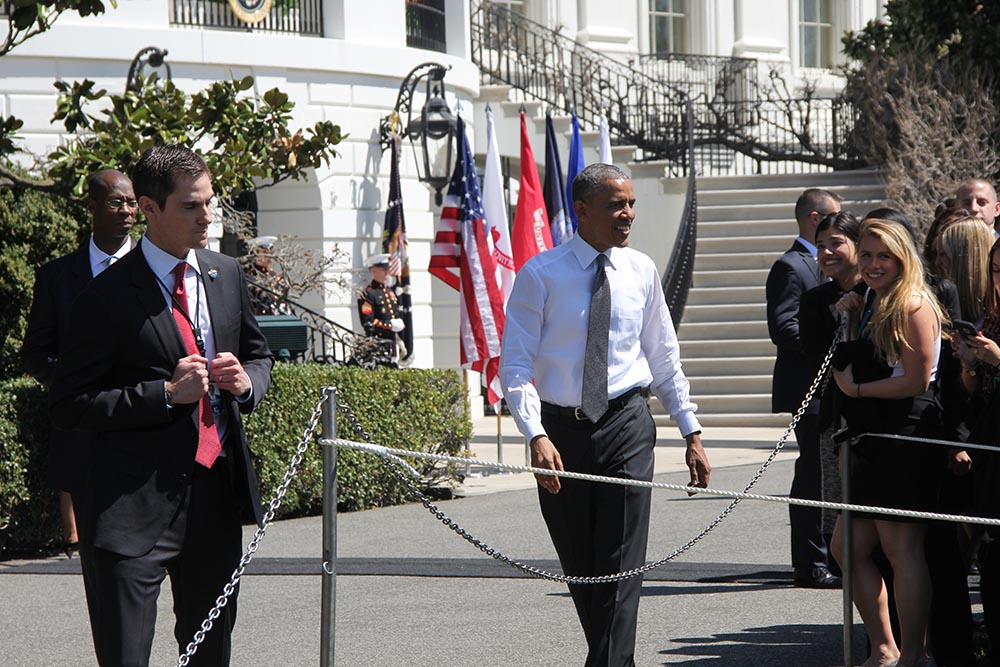WASHINGTON — The Philadelphia branch of the Department of Veterans Affairs has already fixed some of the problems noted by federal inspectors who said the office altered quality reviews, violated claim policies and had stacks of unopened mail, a top VA official said Monday.
Last week’s report by the VA inspector general’s office is the latest blow to an organization routinely accused of chronic mismanagement, cooked books and retaliation against whistleblowers. The investigation began in June when the inspector general’s hotline received numerous complaints about the Philadelphia VA regional office. According to the report, many of those callers were VA staff concerned with reprisals against employees who raised problematic issues with management.
VA Under Secretary of Benefits Allison Hickey told reporters in a conference call that while she agrees with the findings in the VA inspector general’s report, recent restructuring has already solved most of the regional office’s problems.
“The report that was released by the IG, from my perspective, reflects conditions as they were over a year ago, and we knew that,” Hickey said.
The VA inspector general’s report was released last Wednesday. It documents numerous problems in the way the office operates. They include confirmed cases in which the Philadelphia VA violated claim processing protocol and, in at least one instance, concealed bins of unprocessed mail. The report also expressed concern for employees at a VA call center, who routinely complained about a lack of bathrooms, leaking roofs and insect and vermin infestations.
Hickey claims that the report does not reflect changes made last summer, including improved claim dating procedures, new call center facilities and mass retraining of VA staff. She also noted that the VA encourages employees to report problems without fearing reprisal.
“We are inviting our employees to tell us when they see something that causes them concern,” said Hickey when asked what will happen to those employees who reported the Philadelphia and National Call Center problems.
“The majority of [problems raised by the report] have already been fixed,” she said.
Hickey is overseeing a parallel internal investigation of the Philadelphia VA that will be completed at the end of June.
Many veterans’ groups were unimpressed with Hickey’s assurances.
Joe Davis, director of public affairs for the Veterans of Foreign Wars, viewed the Philadelphia VA’s story with skepticism.
“When the VA says they’ve fixed everything, you better make sure somebody goes in there and does fix everything. And that’s a trust problem that the VA has,” Davis said.
Davis also pointed to the culture of the VA, which he believes is out of sync with the military it serves.
“The problem with the VA is they forgot who they work for,” said Davis. “They don’t work for the next line supervisor, director, hospital manager or regional office director. They work for the veterans.”











